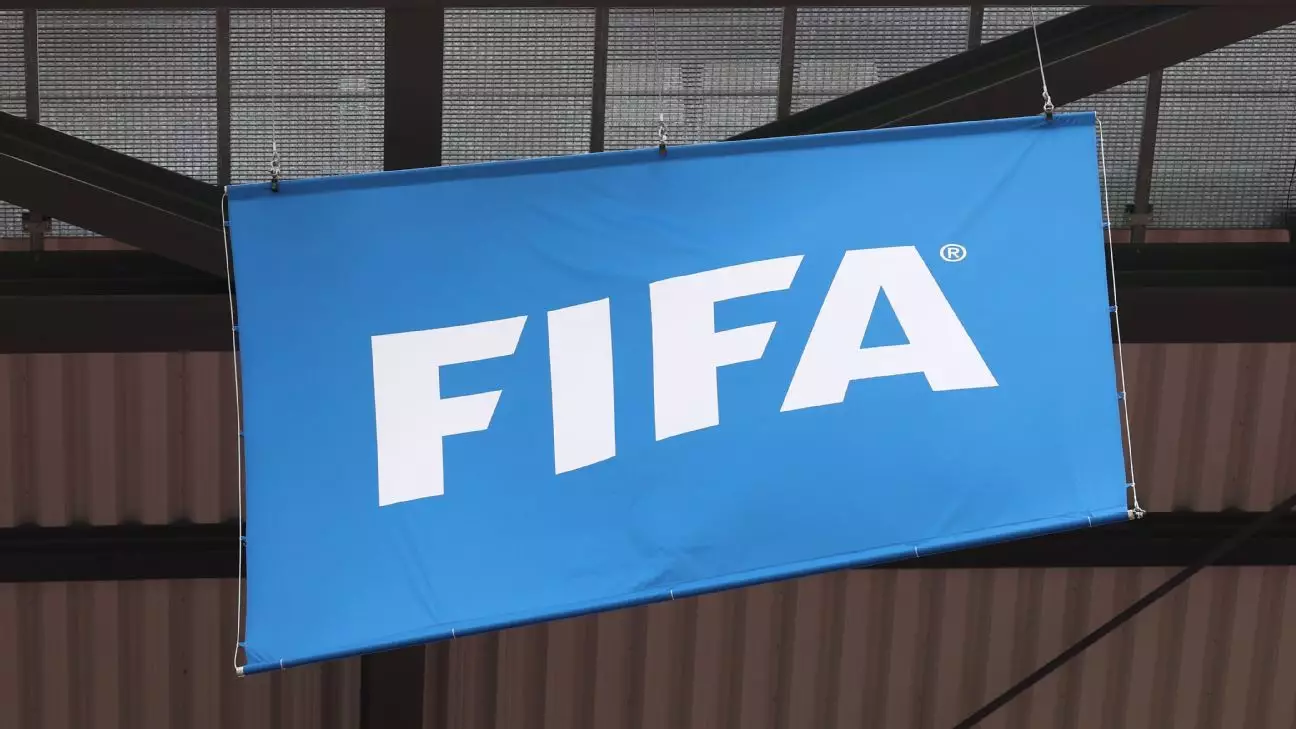In a bold move that showcases the escalating tensions between elite football leagues, player unions, and FIFA, a significant joint complaint is set to be filed with the European Union (EU). This coalition includes the European Leagues, the FIFPRO players’ union, and LaLiga, all of which will address the multifaceted issue of the increasingly congested soccer calendar. As the demands on players intensify, there is an urgent need to address not only the physical ramifications but also the mental well-being of today’s athletes. Despite substantial salaries that these players earn, many find themselves overwhelmed by the relentless pace of modern football.
The joint appeal to EU antitrust regulators echoes a growing discontent among athletes and sporting organizations regarding FIFA’s governance. Recent legal precedents, including a decisive ruling from Europe’s top court, have shown that FIFA’s regulatory frameworks may not be immune to scrutiny—particularly those governing player transfers. Former player Lassana Diarra’s successful challenge is a clear indication that the growing appetite for reform within European football is reaching a tipping point. This current coalition aims to leverage similar legal frameworks to challenge the perceived monopolistic practices of FIFA.
The Unsustainable Calendar
At the core of the complaint is the mounting frustration surrounding the international match calendar. The expansion of competitions such as the UEFA Champions League and the Club World Cup has left national leagues scrabbling to keep up, raising questions about their viability in the face of such overextension. This not only jeopardizes the essence of domestic competitions but also creates a substantial risk to player health. With burnout and injury rates rising, the necessity for reform is echoed across the football community. The assertion that FIFA is abusing its market power is backed by a growing body of evidence that calls into question the sustainability of the current model.
FIFA has defended the international match calendar, claiming that it was created through a collaborative process involving active consultations with FIFPRO and various league bodies. However, the dissatisfaction stemming from the football community signals that many believe this process was neither comprehensive nor representative of the players’ lived experiences. The European Commission now finds itself in a pivotal role, equipped with the authority to intervene and regulate against anti-competitive practices in the sporting world. If successful, the complaint could usher in a new era of governance that prioritizes player well-being and affirms the integrity of football leagues across Europe.
Future Implications for Football
This legal action not only represents an immediate challenge to FIFA’s authority but also sets a precedent for athlete advocacy and empowerment within sport. The football landscape is entering a crucial period where the health of players cannot be sacrificed for the profitability of organizations. As the case progresses, it is hoped that the responses from governing bodies will shift towards a more equitable model, thereby ensuring the sustainability of the beautiful game for all stakeholders involved. The outcome of this complaint may well redefine the relationship between players, leagues, and governing bodies, fostering a fairer playing field and an environment where athlete welfare receives the attention it desperately needs.

